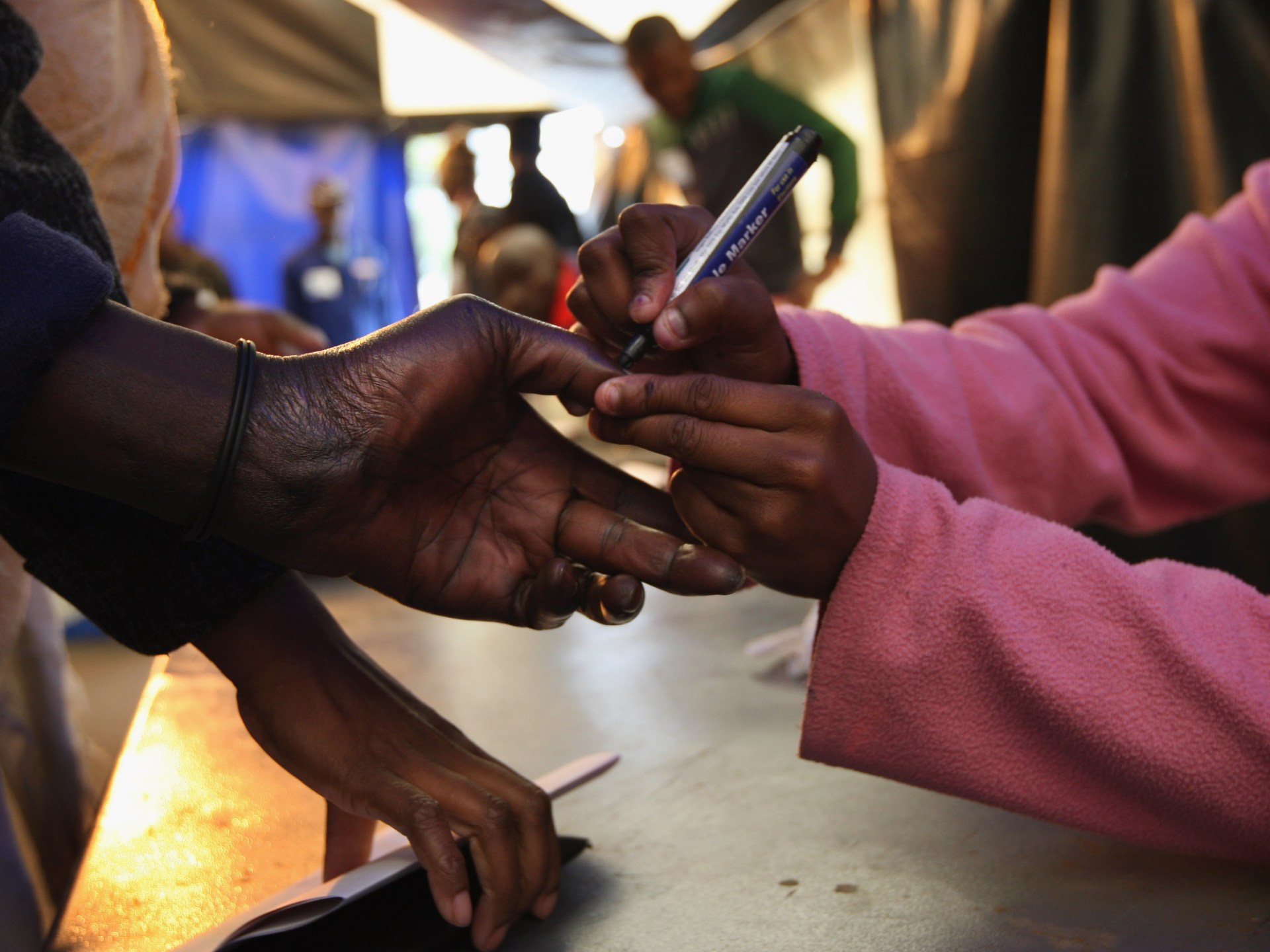Africa does not need to borrow democracy; it needs to reclaim it
From the shir to the kgotla, Africa’s history demonstrates that democratic practice is indigenous, and reclaiming it is the key to a stronger future.
For far too long, African youth have been told that democracy is something imported, something borrowed, something foreign to their identity. But history gives us a very different truth. Democracy is not an idea that arrived from the West. It is a human idea. And Africa practised it long before modern states existed.
Africa’s democratic inheritance is older than the colonial borders that sliced the continent into fragments. In the Somali shir, every man could stand, argue, and vote in open councils that decided collective affairs. The Oromo Gadaa system developed rotating leadership and fixed term limits centuries before they became fashionable anywhere else. Igbo communities governed through village assemblies that rejected kings and insisted on consensus. The Ashanti used councils of elders to check the power of chiefs and remove them when they broke trust. In Botswana, the Tswana kgotla provided public debate forums where leaders listened more than they spoke. These systems did not look identical to modern democracies, but the principle was unmistakable: power must serve the community, and the community must hold power accountable.
Democratic ideas are not confined to any one civilisation. Ancient Athens developed its own form of citizen rule. Islamic governance emphasised shura, consultation. Confucian models in East Asia built a meritocratic civil service long before Europe did. And when modern democracy regained momentum in the 18th century, America made a historic contribution by not only establishing it but sustaining it through institutions that could survive war, crisis, and political division. That legacy is real and should never be dismissed. But democracy’s story is not Western. It is human. And Africa’s contribution to it is undeniable.
Today, young Africans face a new challenge. They are living in the attention economy, where anger spreads faster than reason and where misinformation travels in seconds. This environment creates enormous pressure on leaders to react rather than reflect. It rewards the strongman’s sprint instead of the institution’s marathon. But democracies win marathons, not sprints. The short-term appeal of authoritarian certainty can never match the long-term stability of accountable institutions. Africa cannot afford to trade long-term freedom for short-term frustration.
https://www.aljazeera.com/opin....ions/2025/11/21/afri






